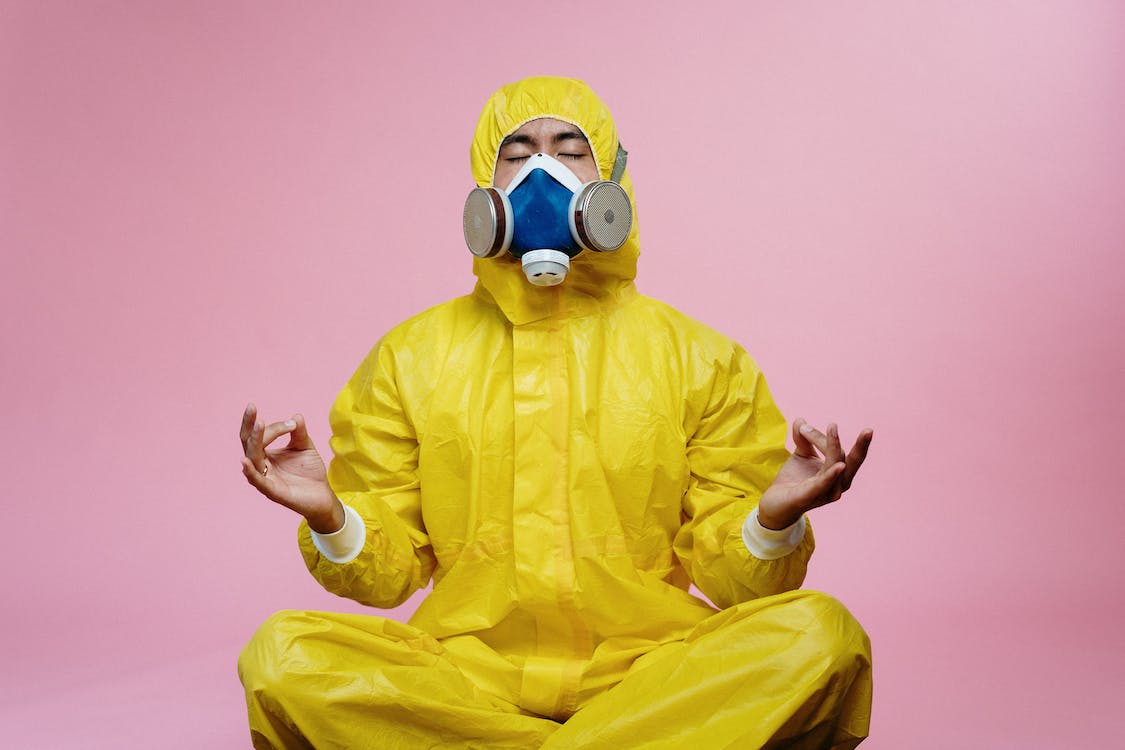Why some people are hesitant get vaccinated
There are a variety of reasons why some people may be hesitant to get vaccinated. Some may have concerns about the safety or effectiveness of vaccines, or may have heard misinformation about vaccines and their potential side effects. Others may have philosophical or personal beliefs that make them hesitant to get vaccinated.
Vaccines have been shown to be a safe and effective method of preventing the spread of diseases with serious and even fatal consequences. Vaccines do carry a small risk, but the benefits they provide far outweigh the dangers they could pose.
It can be helpful to talk to a doctor or other reliable source about your concerns if you’re on the fence about getting vaccinated. Vaccines not only protect the person getting vaccinated, but also help prevent the spread of disease to others who may be more vulnerable to illness, so it is important to consider the impact of your decision on the health and well-being of those around you.
Why some people don’t get covid
There are a variety of reasons why some people may not get infected with the coronavirus that causes COVID-19, even if they are exposed to it. Some people may have natural immunity to the virus due to previous exposure or infection, while others may have a strong immune system that is able to effectively fight off the virus.
The risk of infection or severe illness from COVID-19 may be reduced in some people due to innate resistance caused by genetics or physiology. However, it is not possible to predict with certainty who will or will not get infected, and the reason why some people are more vulnerable to the virus than others remain unknown.
Wearing a mask, washing hands frequently, and keeping a safe distance from others are all good ways to lessen the likelihood of contracting a virus, though they may not eliminate it entirely. More robust protection from COVID-19 is also attainable through the use of vaccines.
Why some people are asymptomatic to infections
However, some people may show no signs of illness despite being infected with a virus or other pathogen. They may be able to infect others without even being aware of their own infection.
When a person becomes infected with a pathogen, the manifestation of symptoms can be affected by a number of factors. An individual’s age, general health, and the nature of the infecting pathogen are just some of the variables that can affect prognosis.
Some people who have no outward signs of illness may still be able to spread the disease to others. This is why, even if you don’t feel sick, you should practice good hygiene to limit the spread of disease.
It’s also worth noting that not everyone who develops no symptoms during infection will keep it that way. Symptoms may appear at a later time for some people, while others may never experience them.





